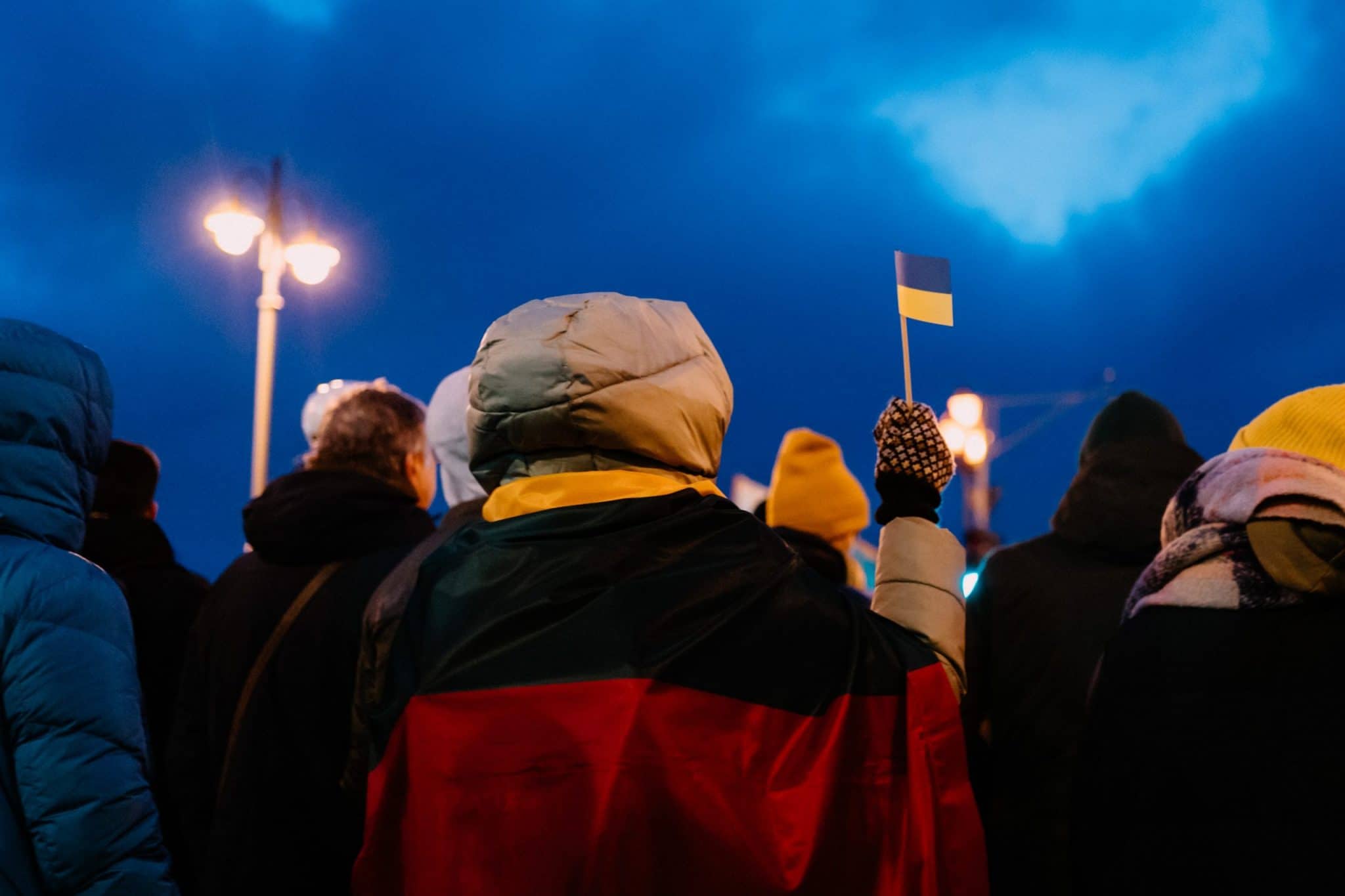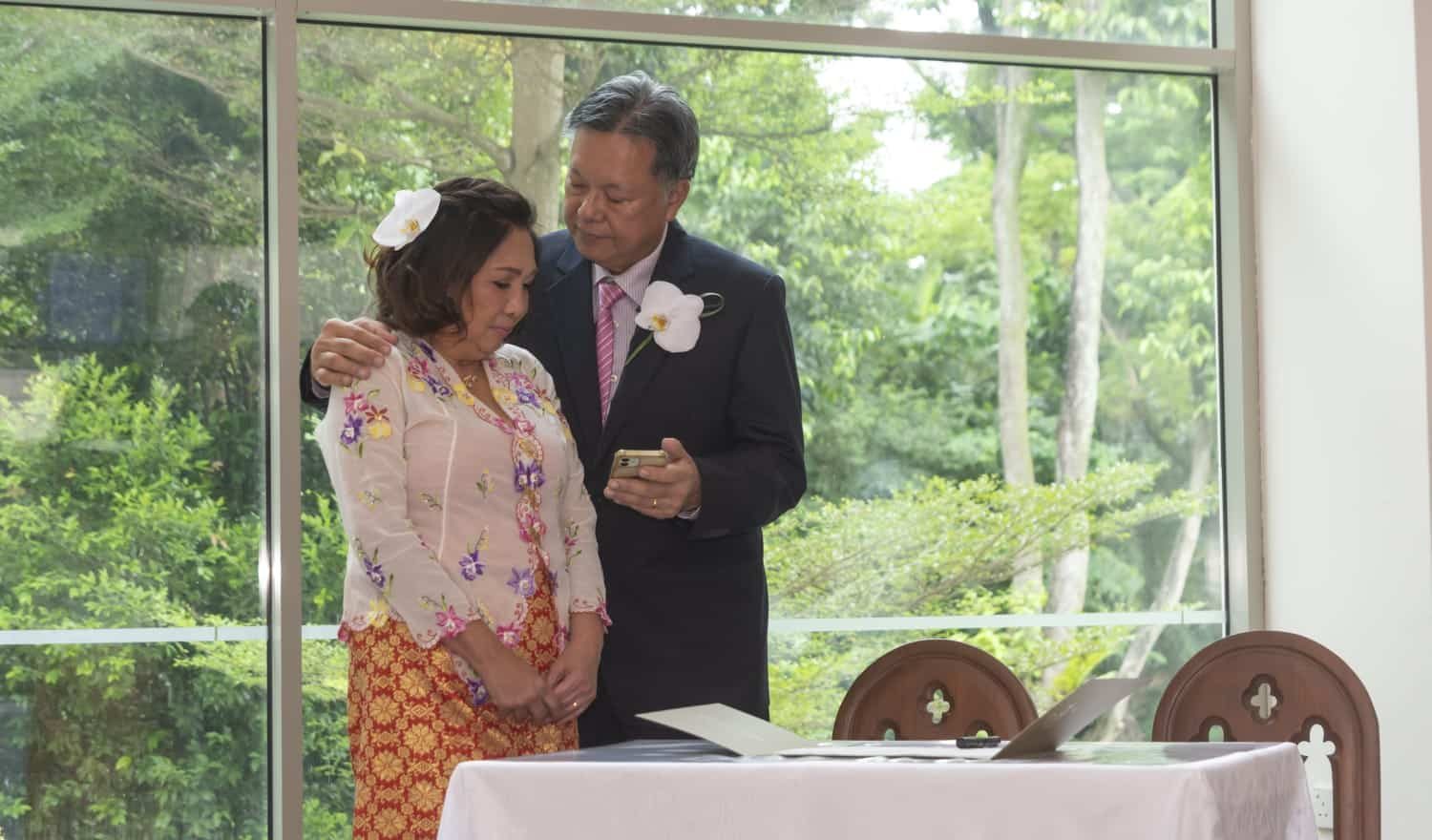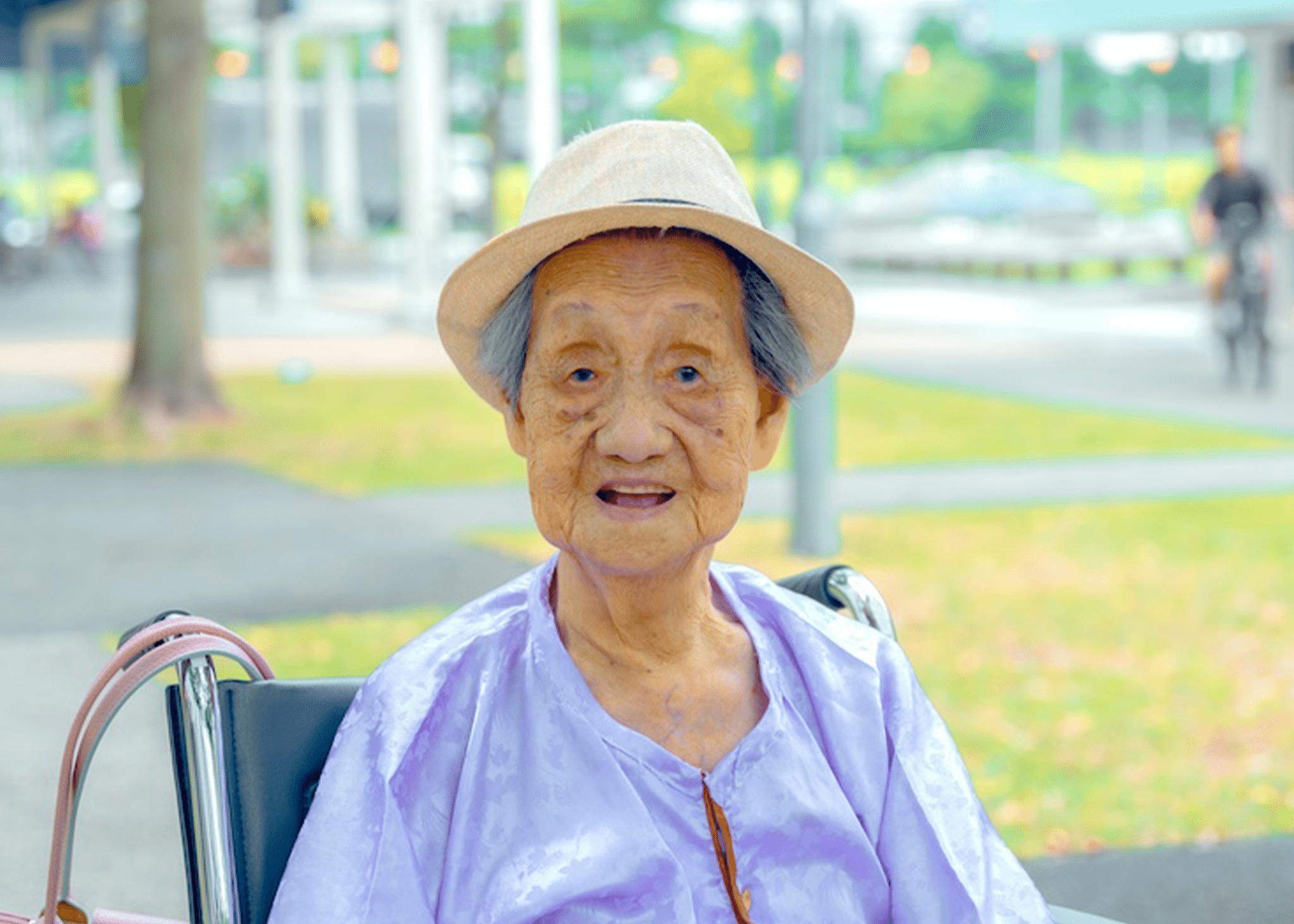Afghanistan then, Ukraine now: “No one wants war,” says soldier in tears
Hannah Seng // March 2, 2022, 1:30 pm

"Most people continue on bravely with life during war. Yes, their predicament is tenuous, but their spirit is strong. People continue to be resilient even when there is active fighting going on," the writer says. Photo by Dovile Ramoskaite on Unsplash.
The war in Ukraine was on the news again. After listening to a few minutes of it, I had to turn it off. “Too soon,” I said to myself, having been evacuated from a war zone just six months ago. The news about the war in Ukraine was touching a nerve that was still raw.
I left Afghanistan just after the Taliban had taken over the capital in August 2021. While the situation in the Ukraine is different from the one that I left, war is war, and its devastating effects are pretty much the same, even if the political situation is different.
I hope that by sharing my experience, I will be able to shed some light on what it is like to live in a conflict situation, and how we can be praying for the people in Ukraine, especially for our brothers and sisters who are wanting to be salt and light in the country during this difficult time.
Life in a war zone
While the idea of living in a war zone is very foreign to today’s Singaporean, this is the reality of many people around the world. We need to be thankful for the peace that we have in Singapore, and not take it for granted.
In Afghanistan, war has been part of people’s lives for many decades. Many people have never known life without war.
What does living in a war-torn country look like?
Life does not stop because of war. It just continues with the backdrop of war.
Well, to be honest, it looks like normal life – families need to be fed, children need to go to school, people fall in love and get married – except that you have to be more aware about security.
Life does not stop because of war. It just continues with the backdrop of war.
I want to say this because often, when we read the news, we end up thinking of people in those countries as victims of war when, in fact, most people continue on bravely with life during war.
Yes, their predicament is tenuous, but their spirit is strong.
People continue to be resilient even when there is active fighting going on – which is what is happening in many parts of the Ukraine and which was the reality in the last few weeks of my time in Afghanistan.
Saying goodbye
As the security situation started getting worse, the decision was made that all expatriate workers in our organisation had to evacuate to the capital, where it was thought to be safer.
I had two days to pack up my house and say goodbye. I think I cried the whole time.
While on the surface that sounded like a good plan, my heart broke. To me, to evacuate meant saying goodbye to my home, my friends and the life that I had built up over almost 10 years.
I had two days to pack up my house and say goodbye. I think I cried the whole time.
When we got to the capital, the security reports were getting more dire and, while we had thought that we would have at least a few weeks, if not months, before the fighting got to the capital, it was clear that we now only had days.
The situation was changing very quickly, and we were told we had to leave the country.
We managed to get tickets a few days away, on a Monday flight. Unfortunately, the Taliban took over the capital on Sunday, after which all commercial flights were cancelled.
The day the Taliban took over, the overwhelming feeling was sadness. How could this have happened? What will happen to all the progress that had been made over the last 20 years in women’s rights, in education, in development?
I cried with my local colleagues as they left the office to go home to be with their families. All we could say was: “Take care, be safe.”
“This is our shame”
The days that followed were tense and uncertain.
One of the Afghan soldiers looked at me and said, with tears in his eyes: “This is our shame.”
As all commercial flights were cancelled, the only way out of the country was on an evacuation flight. Many of my friends and family worked very hard to make sure that I was on a list to be evacuated.
The day we left, we had to go to the airport where there were throngs of people outside the gate wanting to leave the country. There was gunfire, and all around me I could see desperation in the eyes of people in the crowd.
There were soldiers outside the gate trying to do the impossible job of maintaining order in the chaos. At one point, one of the Afghan soldiers, who was literally pushing people away from the gate, looked at me and said with tears in his eyes: “This is our shame.”
No one wants war, not even the soldiers who have been trained to engage in it.
Painful choices
As I said in the beginning, I am writing about my experience with war in Afghanistan, which is a different situation to Ukraine. However, I suspect that there are people in Ukraine who have had to pack up their belongings and flee their homes and the lives that they have built.
They have had to struggle with the difficult and often heart-wrenching decision: “Should I leave or should I stay?”
If they choose to leave, they then have to go through the challenge of finding a safe passage out and face the uncertainty of being a refugee in a foreign land.
Many people in Ukraine are shedding tears of disbelief, of mourning the loss of loved ones, and also tears of grief of losing the life that they knew.
If they stay, they will have to deal with the uncertainties of possible food shortages and banks running out of money due to the disruption in the supply chain and banking systems.
However, those who stay, especially Christians, can be God’s hands and feet to those around them and bind up wounds – physical, emotional and spiritual.
There is no easy answer as to what to do in a situation like this. I think many people in Ukraine are shedding tears – tears of disbelief, tears of mourning the loss of loved ones, and also tears of grief of losing the life that they knew.
War is war, its devastating effects are the same no matter the geopolitical situation.
Through all the turmoil, people find a way to keep going, to laugh amidst the tears, to find peace despite the uncertainties, to find hope in the rubble of fear.
My solid Rock
As a Christian, my peace and hope are built on the solid rock of God, so while there were definitely times of uncertainty and fear, my heart was always at peace.
Pray for peacemakers (Matthew 5:9) to rise up in small and big ways.
I also knew that there were many people praying for me, and I knew that the peace that I was experiencing amidst the fighting and chaos was God answering the prayers of those people.
So how can we pray for the people in Ukraine?
- Pray for those who are poor in spirit (Matthew 5:3). There are people who are broken in their spirit because of this war. Pray that God may give them hope and courage.
- Pray for those who mourn (Matthew 5:4). Many are mourning the death of loved ones, many more are grieving the loss of the life they had to leave behind.
- Pray for the meek and for those who hunger and thirst for righteousness (Matthew 5:6). There will be people who are outraged at the war and seek to bring about righteousness in quiet, gentle ways. Pray for their work to continue.
- Pray for people to be merciful and pure in heart (Matthew 5:8). Pray that the hearts of the world leaders would be pure and merciful as they make decisions that affect the lives of so many.
- Pray for peacemakers (Matthew 5:9) to rise up in small and big ways, to bring about peace in this conflict. Pray for the church in Ukraine to remain strong in their faith and to be channels of God’s peace that passes all understanding.
- Pray for those who are persecuted (Matthew 5:10), that they would turn to God for justice.
MORE STORIES ON FAITH ARISING IN WAR-TORN NATIONS:
“We need God’s miracle”: Christians in Ukraine plead for united prayer
We are an independent, non-profit organisation that relies on the generosity of our readers, such as yourself, to continue serving the kingdom. Every dollar donated goes directly back into our editorial coverage.
Would you consider partnering with us in our kingdom work by supporting us financially, either as a one-off donation, or a recurring pledge?
Support Salt&Light


